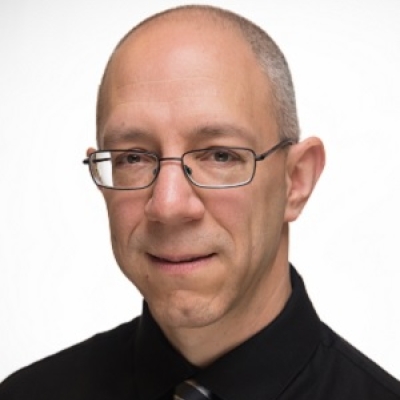- An excellent article from an unlikely source. Here’s a look at the status of Cleveland’s school turnaround plan from the perspective of a business publication. While the district CEO speaks the usual ed reform language of “let’s stop bickering over ‘turf’ and ‘ownership of kids’,” the business analysts cut through the rhetoric with this: There are over 2,750 students enrolled in mid-performing charter schools currently unaffiliated with the district. This is a “significant opportunity” for the district to align itself with some of the most promising schools, nudge them into the next category, and so move closer to the plan’s goal of tripling the number of kids in high-performing schools. The only question for them is how to seal the deal. (Crain’s Cleveland Business, 7/26/15)
- As if they have a recurring event on their Google calendar, editors in Cleveland once again opined in outrage that charter law reform remains stalled in the General Assembly. (Cleveland Plain Dealer, 7/28/15)
- From outrage to barely contained glee: no new charter schools are slated to open in Toledo in the 2015-16 school year. And no, that’s not an op-ed. (Toledo Blade, 7/29/15)
- The current Academic Distress Commission in Youngstown met earlier this week, their first official meeting since the passage of HB 70 – the so-called “Youngstown Plan”. Of course, we know that the bill actually sharpened the state’s academic distress commission protocols statewide, although it was (for now) narrowly targeted at Youngstown. At this meeting, the current commission was told that the new commission, under the new and more-stringent rules, would be appointed by October and a district CEO in place by December. (Youngstown Vindicator, 7/28/15). Amid the predictable reaction (investigation of process, threats of legal action, etc.) was a serious question: just what is the current distress commission expected to do until the new one is appointed? No serious answer was forthcoming. (Cleveland Plain Dealer, 7/28/15). Meanwhile, the sitting school board – which will continue in existence – is asking similar questions about their own authority and duties under the impending new commission. (Youngstown Vindicator, 7/29/15)
